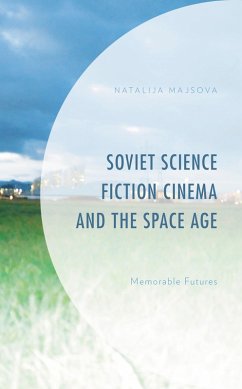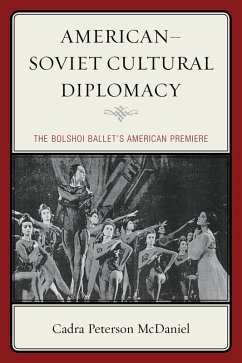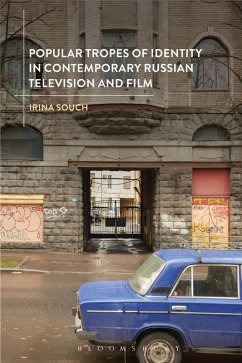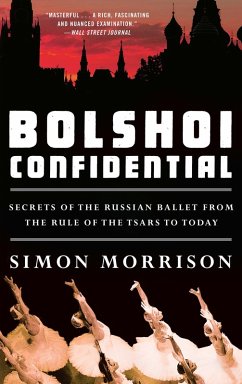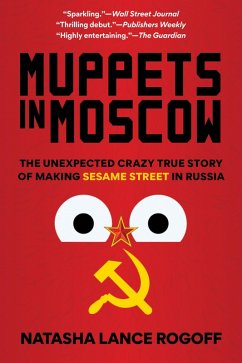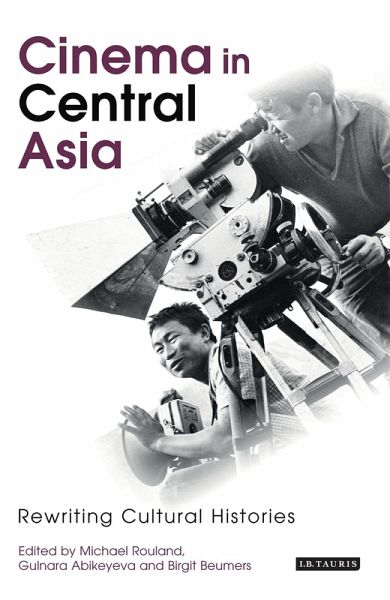
Cinema in Central Asia (eBook, ePUB)
Rewriting Cultural Histories
Redaktion: Rouland, Michael; Beumers, Birgit; Abikeyeva, Gulnara
Versandkostenfrei!
Sofort per Download lieferbar
21,95 €
inkl. MwSt.
Weitere Ausgaben:

PAYBACK Punkte
11 °P sammeln!
Cinema in Central Asia is the first comprehensive and up-to-date account of the cinema of Kazakhstan, Kyrgyzstan, Tajikistan, Turkmenistan and Uzbekistan from its origins to the present day. Bringing together specialists from Central Asia, Russia, Europe and the United States, this companion to the cinema of the region combines serious scholarly study with practical accessibility to construct an historical narrative, discuss aspects of film production and consider the impact of film. The book also offers a deeper understanding of Central Asian culture that is invaluable with the geopolitical a...
Cinema in Central Asia is the first comprehensive and up-to-date account of the cinema of Kazakhstan, Kyrgyzstan, Tajikistan, Turkmenistan and Uzbekistan from its origins to the present day. Bringing together specialists from Central Asia, Russia, Europe and the United States, this companion to the cinema of the region combines serious scholarly study with practical accessibility to construct an historical narrative, discuss aspects of film production and consider the impact of film. The book also offers a deeper understanding of Central Asian culture that is invaluable with the geopolitical and economic emergence of this exciting region. The book opens with a broad history, paying particular attention to the emergence and expansion of the film industry, competing visions of nationalism and distinct phases of the post-Soviet film experience. A series of incisive articles written by specialists on Central Asian film follows. They explain early film institutions and themes, the impact of the Second World War, expressions of identity and protest during the Soviet era, as well as regional variations of post-Soviet filmmaking and political involvement. The final section comprises biographical and filmographical entries on the principal figures of Central Asian cinema that offer a much-needed reference for scholars and filmgoers.




